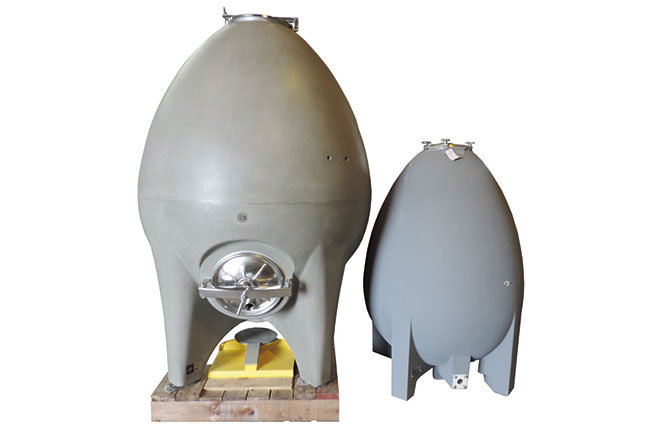What is a massal selection? Wine consultant Stephen Skelton MW gives Decanter an answer.
Massal selection explained
Christopher Williams, Glasgow, asks: What is a massal selection?
Stephen Skelton MW, for Decanter, asks: When growers want to plant new vineyards, or replace older vines at the end of their productive life, they buy one year old vines from nurseries.
These nurseries obtain the wood for the vines from ‘mother gardens’ planted with certified clones of individual varieties, which is then grafted on to suitable rootstocks.
But some growers prefer to plant new vineyards, or replace dead vines with those produced with wood taken from old vineyards planted before the days of clonal planting.
By doing this, they can preserve the clonal variation of these older vineyards, many of which were planted with vines produced from wood taken from a region’s successful vineyards. Thus their vineyards are populated with vines having significant clonal variation and this is known as a massal selection.
Stephen Skelton MW is a consultant to the English wine industry.
-
Read more notes and queries every month in Decanter magazine. Subscribe to the latest issue here
-
Got a question for Decanter’s experts? Email us: editor@decanter.com

How old is too old? Old vines – ask Decanter
Old vines can add layers of complexity to wine, but can they become too old to produce quality fruit? Andrew

Concrete eggs in the winery – ask Decanter
Why are concrete eggs beginning to be used in place of more conventional fermentation tanks? Christelle Guibert provides an eggs-planation...

Cycling in the Loire – ask Decanter
Jim Budd is your virtual tour guide...

How long does wine last after opening? – Ask Decanter
Some pointers on how long your opened bottle will last...




